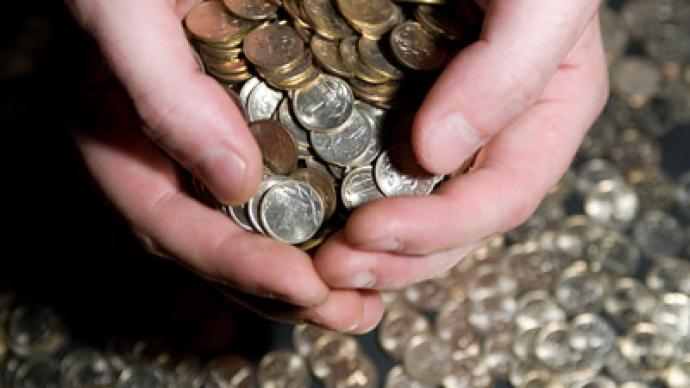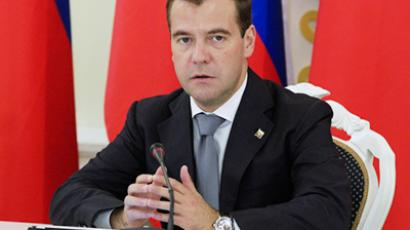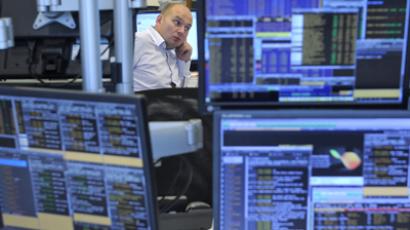Ball in Russian government court to improve investment climate

In recent weeks Russia has stood out as a relatively safer and attractive location for foreign investors, outpacing not only other BRIC countries, but also some major European market players.
A much safer balance sheet compared to other countries, relatively lower debt, and huge reserves – and voila, Russian funds saw a record $179mln inflow of foreign capital over the last three weeks. It was second only to Canada which continues to make the most of its oil, getting $386mln last week alone. Russia is still very much an oil and gas story and investors do not hesitate to buy into Russian oil assets. “The price of oil is high and this means Russia is earning well over a billion dollars every day from exporting oil and gas. It’s seen as a safe location to invest now with asset prices a lot more attractive”, says Chris Weafer from investment group Troika Dialog. At current prices, Russian stocks are a bargain relative to their international peers. Assets in Russia are generally cheaper in Russia than in other emerging markets and certainly compared to Europe.Though he warns it’s not all roses, “Over the last couple of years investors were avoiding Russia. A number of times over the last 10 years Russia did feature near the top of the list of attractive investment locations only to then disappoint investors because there was no follow-through with either reforms or promised improvement in the business investment climate, or investors ran into such problems such as the Yukos case for example. We have been here before. Now it’s time to really leverage off this position”.But to attract a substantially more inward investment and more companies coming into Russia, investors need to see progress in terms of improving the business and investment climate, dealing with corruption and red-tape – often quoted as being major barriers for doing business in the country.The growth of investor interest towards BRICS countries and Russia in particular is also driven by the search for stability amid the current financial turmoil in Europe. Moscow showed the largest growth in investor popularity (60%) along with Brazil’s Sao Paolo (160%). KPMG and the Greater Paris Investment Agency have released a joint rating of cities most popular with investors where Moscow took eighth place. Not all bad news though for Europe, as London was still rated number 1. The capitals of Brazil, China and India unexpectedly secured top positions in the rating having squeezed out European cities. The result is based on the size of foreign investment in various city projects over the last two years. According to the findings which surprised many experts New York has also managed to preserve a high position in the rating. European cities were moved down the rankings by cities from the BRICS (Brazil, Russia, India, China and South Africa). Europe is still a significant source of capital with plenty of internal resources. However, many European countries are struggling from the shortage of foreign investment that could help them deal with the difficult financial situation. If investment goes elsewhere, it will only exacerbate the debt crisis in Europe. “If this trend of deterioration in Europe was to continue bringing more risk problems, and at the same time growth in emerging markets was to stay strong, inevitably capital will go where the returns are. And this is going to be another issue for Europe they have to deal with”, continues Chris Weafer.Foreign capital inflow into Russia hasn’t dramatically grown since the presidential election on March, 4. The first 3 months of the year 2011 still brought twice as much foreign capital as the beginning of 2012. However, the presidential election in Russia will have a positive impact to a certain extent.“Despite the political turbulence we’ve seen over the last few months, the government has returned, bringing back stability which does make Russia look attractive to investors compared to other locations. The opportunity has now again been put on the table for the government. The big question is whether that can be sustained”, concludes Weafer.














